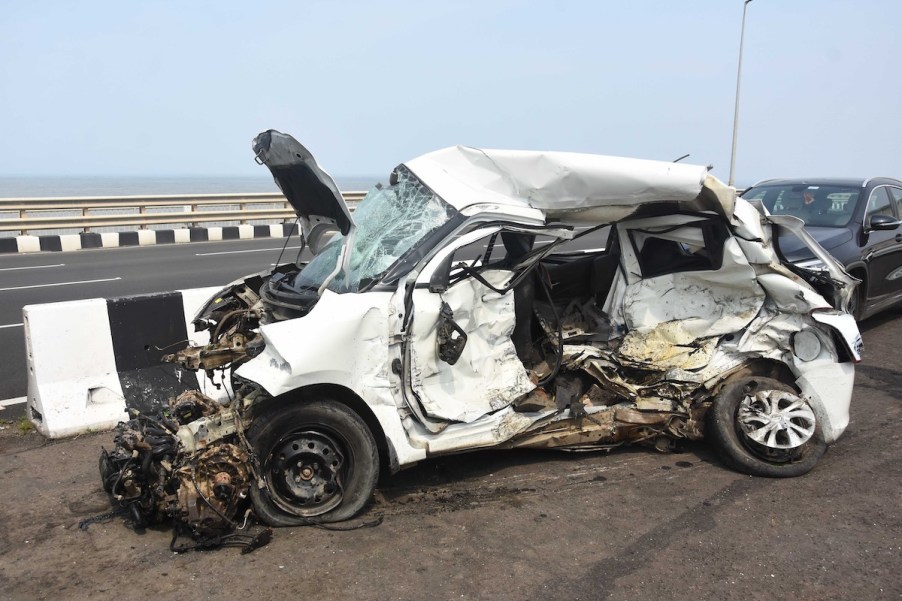
Auto Insurance Terms: What Does Comprehensive Coverage Mean?
Dealing with insurance problems can be a real pain, especially when you’re having terms thrown at you that you may not be familiar with. The first thing you must know is what type of insurance you have and what it covers. One common type of coverage is comprehensive insurance. However, what does comprehensive coverage really mean, and why would you want it?
Why do insurance terms have to be so confusing?

The time to get insurance is before something bad happens. For most people, this is typically when you purchase the vehicle. For many of us, we’ve already got so many things going on, like trying to secure financing, signing paperwork, and negotiating for a better price, that purchasing insurance may not seem like that big of a deal. It’s one of the most essential parts of buying a car.
The main problem is that there are many types of insurance, and if you pick wrong, you could end up paying for it later on down the road. For example, if your car is stolen, and your insurance policy doesn’t cover theft, you’ll be the responsible party for purchasing a new vehicle out of pocket.
This also goes for wrecks, damage from falling trees, and a huge list of other issues which is impossible to predict. Knowing the insurance terms can help you determine which insurance is right for you so that in the event of an accident, you’re not left scrambling to come up with the money to pay for it yourself.
What exactly is comprehensive insurance?
Comprehensive insurance should be at the top of your wish list regarding getting insurance. What is comprehensive insurance, however, and what does it cover?
Access Auto Insurance states, “Comprehensive insurance coverage pays to repair damage to your car from factors other than collision, including fire, theft, falling objects, and more. It also covers your car in the case of collisions with animals.”
In other words, this will cover you in situations such as a deer running face-first into the side of your car. It will also come into effect if you’re cruising through the mountains and a sizable rock hits the roof of your vehicle. This also applies if a tree limb falls on your truck during a storm.
Another area in which your comprehensive insurance kicks in the event of a fire. There are some vehicles which have a known track record for catching on fire. This could be due to wiring issues, engine problems, or factors we have yet to figure out.
If your vehicle is stolen, your comprehensive insurance will help cover the cost.
It is essential to read the fine print carefully and ask your agent questions. In many cases, if the car is totaled, you’ll only be paid the amount that the vehicle is currently worth and not the amount you actually owe. In most cases, the current worth is less than the amount you owe your financial institution.
Comprehensive and full coverage are not the same
Comprehensive insurance has many holes, such as your agency not covering your medical bills. This is where full coverage comes in. It includes comprehensive coverage, liability, and collision.
Liability insurance is what you’ll need to cover your medical bills if you should become hurt in an accident. Collision, on the other hand, kicks in if you’re in a car wreck that you caused, or you have an accident in which no other vehicles were involved, such as hitting a light pole because you were checking your phone.
Full coverage insurance is the way to go if you can afford it. Just speak to your insurance agent to discuss what is in your policy and what isn’t.


